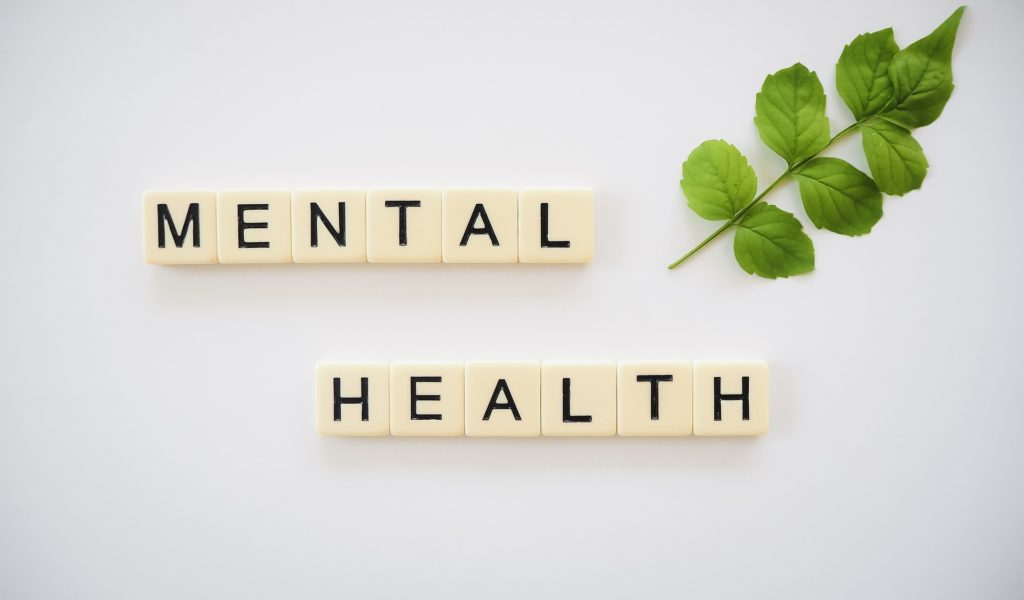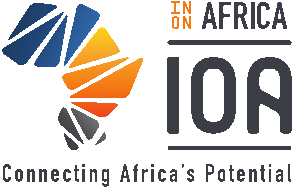Living with a mental illness
By Rivoningo Mnisi, 23, Gauteng

I got diagnosed with bipolar mood disorder when I was 16, and since then, I have lost count on the many times I have been referred to as ‘crazy’. There were so many times I would refrain from telling anybody that I am bipolar and would rather say I am stressed because that would make much more sense to them. This showed me how South Africa still has a long way to go in raising awareness on mental health and try to reduce the stigma and discrimination people with mental issues experience.
I have been living a normal life with bipolar disorder for 5 years now and it has been 7 years since I have been diagnosed. The first 2 years had my life on a stand still. I remember not being able to attend school and when my teachers were informed, that was the first they heard of such a disorder. A lot of fabricated stories were made up due to the lack of knowledge they had, but understanding that people cannot be compassionate to what they do not know – I made peace with it while trying to deal with what I thought of as a demon. Growing up in a religious family, a demon attack was more sensible than episodes of mood swings ranging from depressive lows to manic highs.
One of the many symptoms of bipolar mood disorder is losing touch with reality and that was my biggest pitfall because that only confused people so much more. I come from a rural area but I was fortunate enough to have family that understood the mental illness for what it is and I spent the 2 years in and out of psychiatric institutions, being offered the best treatment until I was stable enough to live a normal life, not as a ‘crazy’ person but as a teenager living with a mental illness.
Not everyone gets to be this fortunate, especially not in rural areas. There are so many mental cases where people get sent to traditional healers only to worsen the situation or rather get labelled as the community’s ‘mad’ person.
So many people live with undiagnosed mood, anxiety, personality, psychotic, eating disorders because of the lack of awareness especially in disadvantaged areas. This also impacts the school system immensely. Mental health should be a focused subject in South African schools as this would better the knowledge and therefore make it easier for people to freely talk about it and create a norm so no one living with the illness can be shamed.
Sharing is caring!
Help us spread the word about Voices Unite:



Firstly, I would like to commend you for sharing❤️
Also coming from a religious family, I remember telling my mother quite a few times that I wanted to attend therapy and she referred me to the Bible and the church. Yes, there are things we can refer to the church but mental illness isn’t one of those. This is a thing our people need to be educated about more. It would be lovely to see this incorporated into our education system. Life Orientation would make a much bigger impact than it does now.
Sending love and strength 💕🌈
Wow. This is a beautiful story. You are so strong and indeed a lucky person to have the necessary knowledge about your mental illness. Knowing about it and being diagnosed doesn’t mean that anything is wrong with you. It just makes life a lot easier to handle in a way that is best suited for you. Life is challenging enough on its own for people without mental illness, this is just a way to lessen the hard blow. As you said, some people don’t even know they have a mental health illness, and that not only affects them but the people close to them as well because of all the confusion and lack of knowledge. Some people probably know that there is something different but are afraid to face or acknowledge it. There really should be a safe space for mental health education and normalizing, especially for men